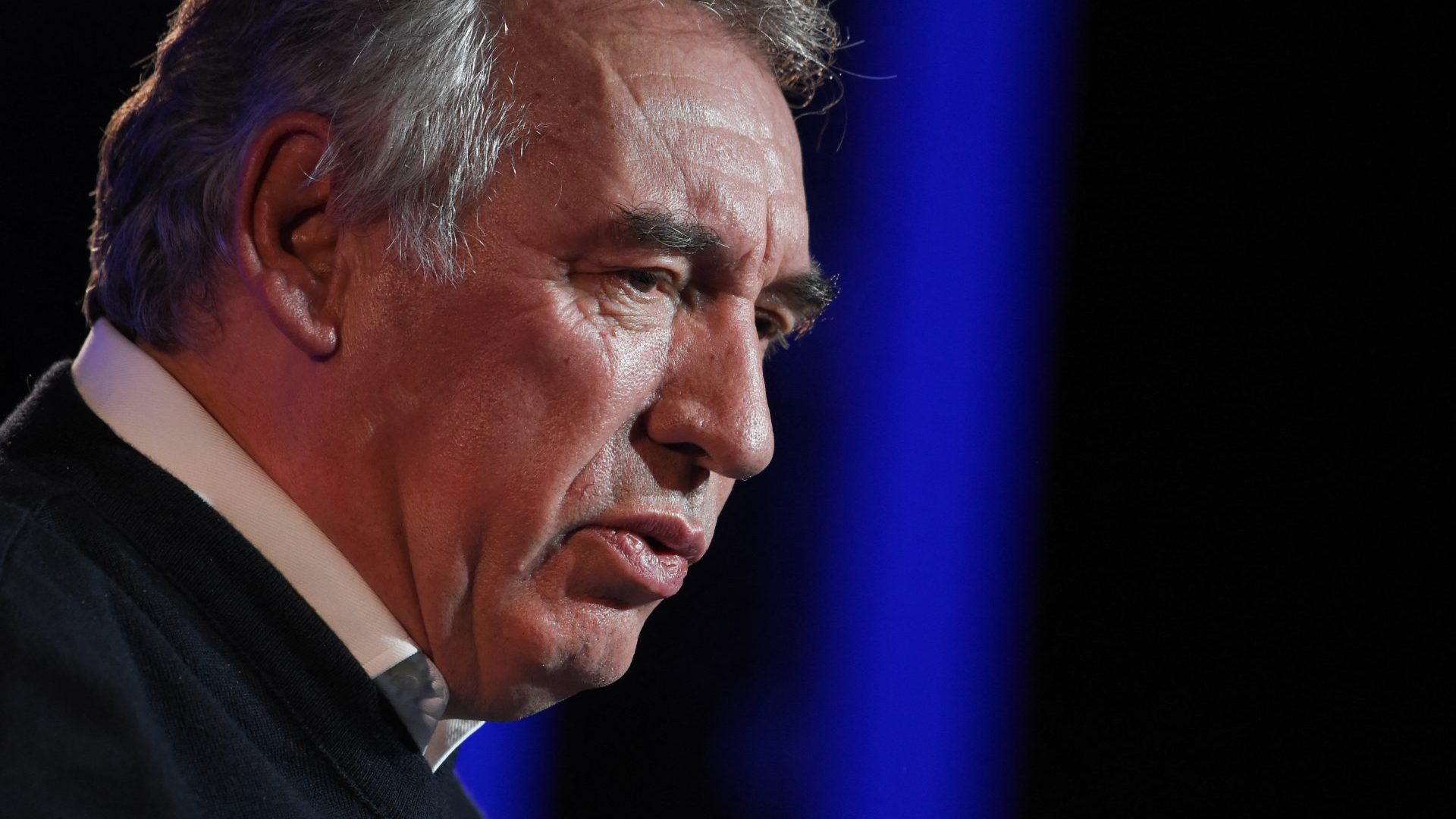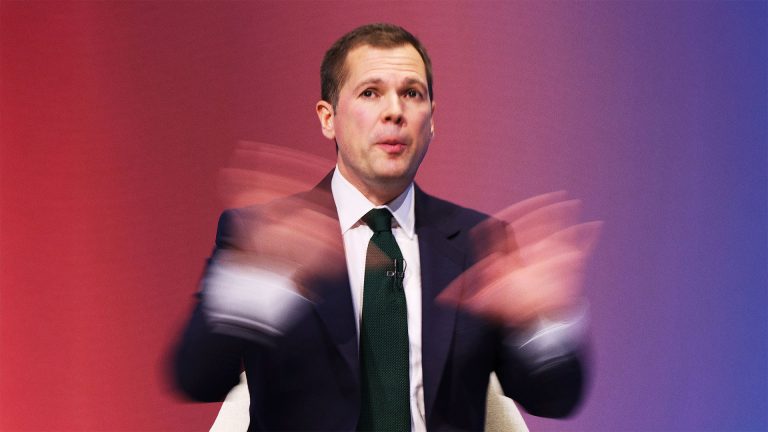What to do with a question that cannot have an answer? It’s the intractable problem Theresa May had to contend with in 2018, when she presided over a House of Commons that couldn’t agree on the shape Brexit ought to be taking.
Her deal, in the end, was one that didn’t please most of the factions. The reasoning there was that the debate had become a zero-sum game, and making anyone truly happy would have guaranteed the ire of someone else.
The compromise she came up with made everyone grumble, but her gambit didn’t work. Parliament voted against her deal not once, not twice, but three times. Sometimes politics is simple: give people something they don’t like, and they will let it be known that they don’t like it.
Emmanuel Macron was already president of France while this was happening, and presumably he kept an eye on the votes taking place just across the Channel. What has recently become clear is that he has either forgotten about those years, or decided not to take any lessons from them.
He called a snap election over the summer and the party with the most votes ended up being the left-wing coalition. His party came second, and the far right third. The prime minister he appointed to rule over this ungovernable National Assembly was Michel Barnier, from the traditional right.
He lasted longer than Liz Truss, but not by much. Earlier this month, MPs voted to get rid of him. Emmanuel Macron was tasked with finding a new replacement this week and it looked like perhaps – perhaps! – he was getting ready to listen to the left, which represents the largest bloc in the National Assembly.
Instead, he retreated back into his comfort zone, by choosing to appoint François Bayrou to the post. A diehard centrist, Bayrou first became a government minister in 1993, and has tried and failed to become president enough times that in France it has become a running joke.
He is perhaps less controversial than his predecessor, who’d once argued that all immigration should be stopped in France for five years, but Bayrou remains a dubious choice. Because he doesn’t have a meaningful base in the Assembly, it is entirely possible that he will be shot at from all sides, just as Barnier was.
Already, the far-left party La France Insoumise has said that they would be submitting a motion of no-confidence in this new government. The far-right Rassemblement National are being more shrewd, arguing that they’re willing to make it work but insisting that they won’t budge on their red lines, meaning that they cannot be counted on.
The Green party leader has called the current political situation “a bad vaudeville”, and her counterpart in the centre-left Parti Socialiste has already announced that he would not be joining Bayrou’s government, instead deciding to remain in opposition. His party is prepared not to bring down Bayrou anytime soon, so long as he doesn’t make use of the now-notorious “49.3”.
That constitutional measure, which allows the prime minister to circumvent the National Assembly and pass a law without consulting MPs, seems both controversial and unavoidable. Barnier tried to invoke it during his short stint as head of the government in order to get his budget through, and it proved to be his downfall.
Bayrou may well agree in principle not to resort to it, but how else is he planning to rule the country? The National Assembly cannot agree on anything, and his faction represents less than a third of elected MPs. He has waited for a long time to get his 15 minutes in the spotlight, but they are unlikely to end in anything but failure.
In his defence, it hardly is his fault. Bayrou has been one of the most consistent French political figures in decades. He has never hidden who he is. The real culprit is, once again, Macron. Like May in the Brexit years, he has become paralysed by the difficulty of the situation, and has consequently decided not to budge.
It is both a frustration and a worry, as what French voters all have in common is that they no longer want business as usual. This is what many of them are saying when they vote for the far left and the far right. Hell, it’s what they tried to express when they voted for a largely unknown, young, promising young man back in 2017.
Can they be sated by the appointment of an established centrist figure who was serving in government before many voters were even born? The president seems to think so. He may well be the only one who does.











